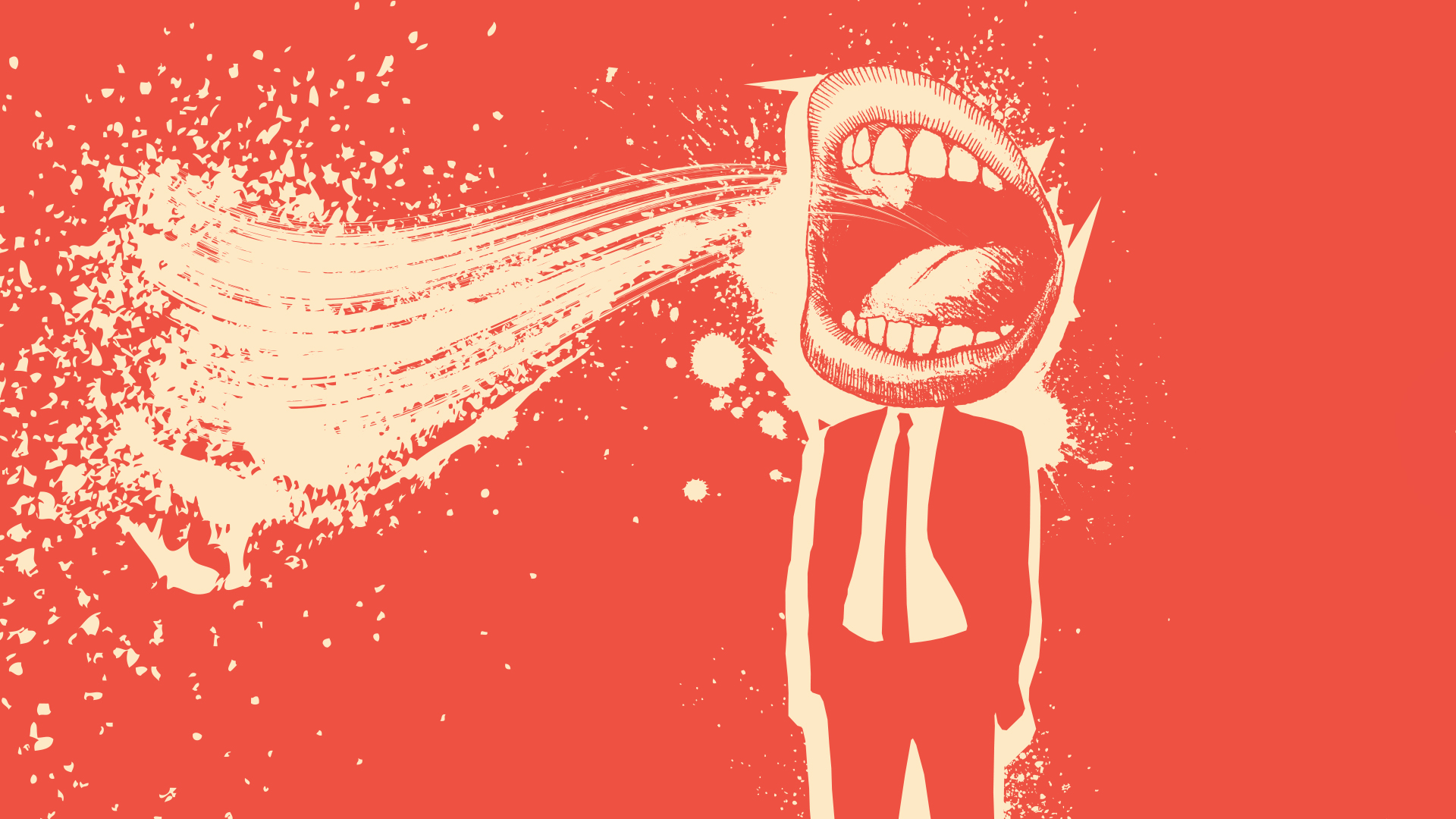‘The children of Dan went up to fight against Leshem and took it.’ Joshua 19:47
My natural disposition is of one who avoids conflict. When our family took a personality profile test together and the result showed that I was a ‘Peacemaker’, my kids all echoed, “That’s you, Dad!”
This does not give me an excuse to be passive or refuse to take up a matter that requires attention any more than being poor is an excuse for stealing. I cannot negotiate or rationalise away my responsibilities because they’re inconvenient or intimidating. Sometimes, we just have to ‘take up the sword, and fight’.
When Joshua led the Children of Israel across the River Jordan, each tribe was given an allotted inheritance for which they’d need to confront corrupt and entrenched native inhabitants.
Only by displacing these nations could God establish Israel under His rule and execute His Divine plan. During the rollout, tribes responded differently. Some obeyed; some did not. Some took risks; others shrank back and justified their tepid responses.
The two tribes’ responses in particular recently caught my attention. Joseph’s tribe (split up into Ephraim and Manasseh) claimed to be a ‘great people’ (Joshua 18:14ff) who proved to be wimps.
They came to Joshua to complain that the inheritance they were given was too small. Their mentality was classic entitlement. They felt they deserved more. They believed they had been given the short end of the stick. The Canaanites they faced were obviously more powerful than the other tribes’ enemies; theirs had chariots of iron!
Joshua’s response was masterful. He basically said, “Well, if you’re such a great people, why don’t you get up there and clear that forest and make a wonderful district for more of you to live in?” They wanted everything to be handed to them on a silver platter. Sadly, many Christians have exactly this kind of mindset today.
But that is not who we are, Cornerstone. A chapter later (Joshua 19:40-48), the tribe of Dan exhibits a totally different spirit. Far from being passive or entitled, after Dan had settled into its allotted territory west of Jerusalem on the Mediterranean coast, they organised for battle 250 kilometres north, determined to take the city of Laish (or Leshem), a region originally given to Manasseh.
Joshua 19:47 records, ‘They struck it with the edge of the sword, took possession of it, and dwelt in it.’ They then proceeded to change its name to Dan, in honour of their forefather, as if to make a further declaration – “This region is now ours. We fought for it, and God has made it our inheritance forever.”
Leshem was in fact a gateway city and a transportation hub on Israel’s northern border with the hostile Assyrians, and later the Babylonians. Manasseh had refused to claim their inheritance, but Dan would not be intimidated.
Old Jacob had prophesied over Dan nearly 500 years earlier that he would ‘be a snake by the roadside, a viper along the path, that bites the horse’s heals so that its rider tumbles backwards’ (Genesis 49:17).
This act, then, was the tribe of Dan taking hold of its prophetic destiny. How many of Israel’s enemies would be turned back at the border because of this courageous act? How many would get bitten and ‘tumble backwards’?
I feel like God is speaking to us through this story. We must know who we are. We must take bold steps to walk in our prophetic calling. We must resist the temptation to follow in the way of Ephraim and Manasseh, expecting things to be handed to us without having to work for them.
Instead, may we be like Dan, a people who were not content to simply occupy, but were willing to contend for more, and the best, of what God has ordained for us.







